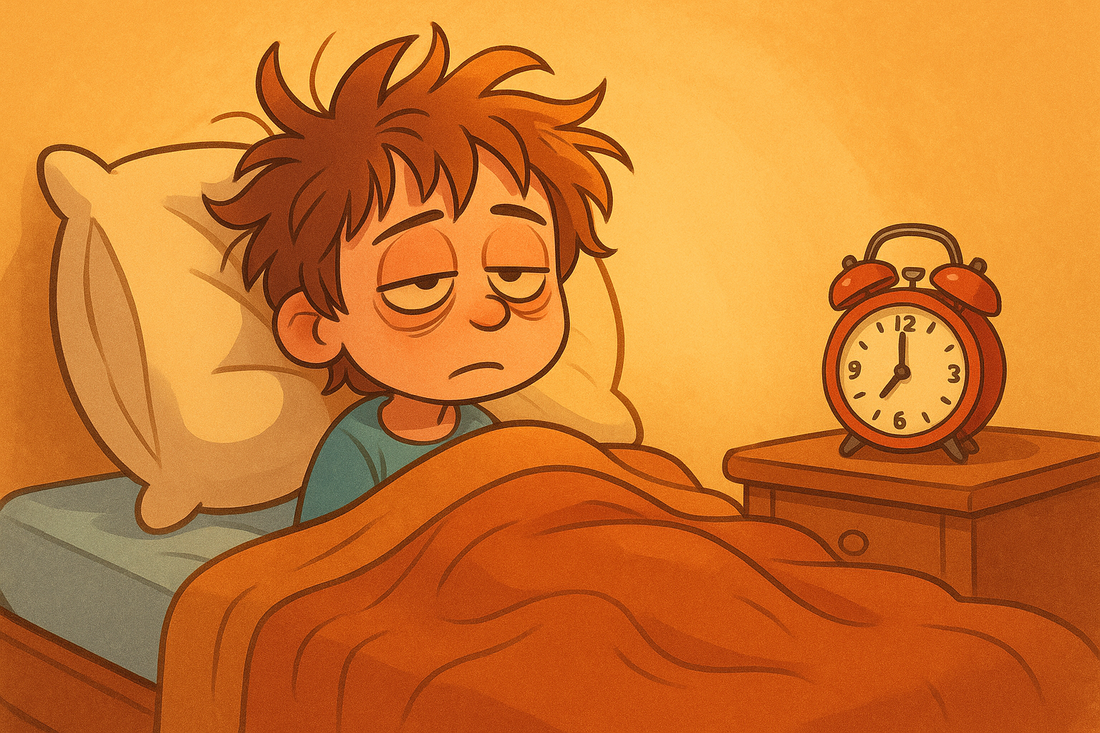
What is Melatonin? What Are The Harmful Side Effects & Why It Might Be Bad For You
What is Melatonin? It's a hormone naturally produced by the body to regulate sleep-wake cycles.
Common Side Effects of Melatonin
According to the Mayo Clinic, common side effects of melatonin include:
-
Headache
-
Dizziness
-
Nausea
-
Daytime drowsiness
-
NCBI+8Verywell Health+8NCCIH+8Mayo Clinic News Network+2Mayo Clinic+2
Less common side effects may include vivid dreams or nightmares, short-term feelings of depression, irritability, stomach cramps, diarrhea, constipation, decreased appetite, urinary incontinence at night, increased risk of falls, increased risk of seizures, confusion or disorientation, mood swings, and reduced alertness. Mayo Clinic+2Mayo Clinic+2
Potential Risks and Considerations
1. Disruption of Circadian Rhythm
Melatonin supplements can help adjust the sleep-wake cycle, but improper use may disrupt the body's natural circadian rhythm. For instance, taking melatonin at the wrong time can lead to sleep disturbances. Chronic disruption of circadian rhythms has been associated with various health issues, including sleep disorders and increased risk of substance abuse. PMC
2. Overuse and Tolerance
Overuse of melatonin can lead to tolerance, where higher doses are needed to achieve the same effect. This can increase the risk of side effects and may interfere with the body's natural production of melatonin. It's important to use melatonin as directed and consult a healthcare provider if sleep issues persist.
3. Drug Interactions
Melatonin can interact with various medications, potentially causing adverse effects. For example, it may interact with blood thinners, immunosuppressants, diabetes medications, birth control pills, and medications that affect the liver. These interactions can alter the effectiveness of the medications or increase the risk of side effects.
4. Daytime Sleepiness
Melatonin can cause drowsiness, which may persist into the next day. This can impair the ability to perform tasks that require alertness, such as driving or operating machinery. It's advisable not to drive or use machinery within five hours of taking melatonin. Mayo Clinic+2Mayo Clinic+2
5. Long-Term Safety Concerns
The long-term safety of melatonin supplements is not well-established. While short-term use appears to be safe for most people, there is limited information on the effects of prolonged use, especially in children, pregnant or breastfeeding women, and older adults. NCCIH+2Verywell Health+2
